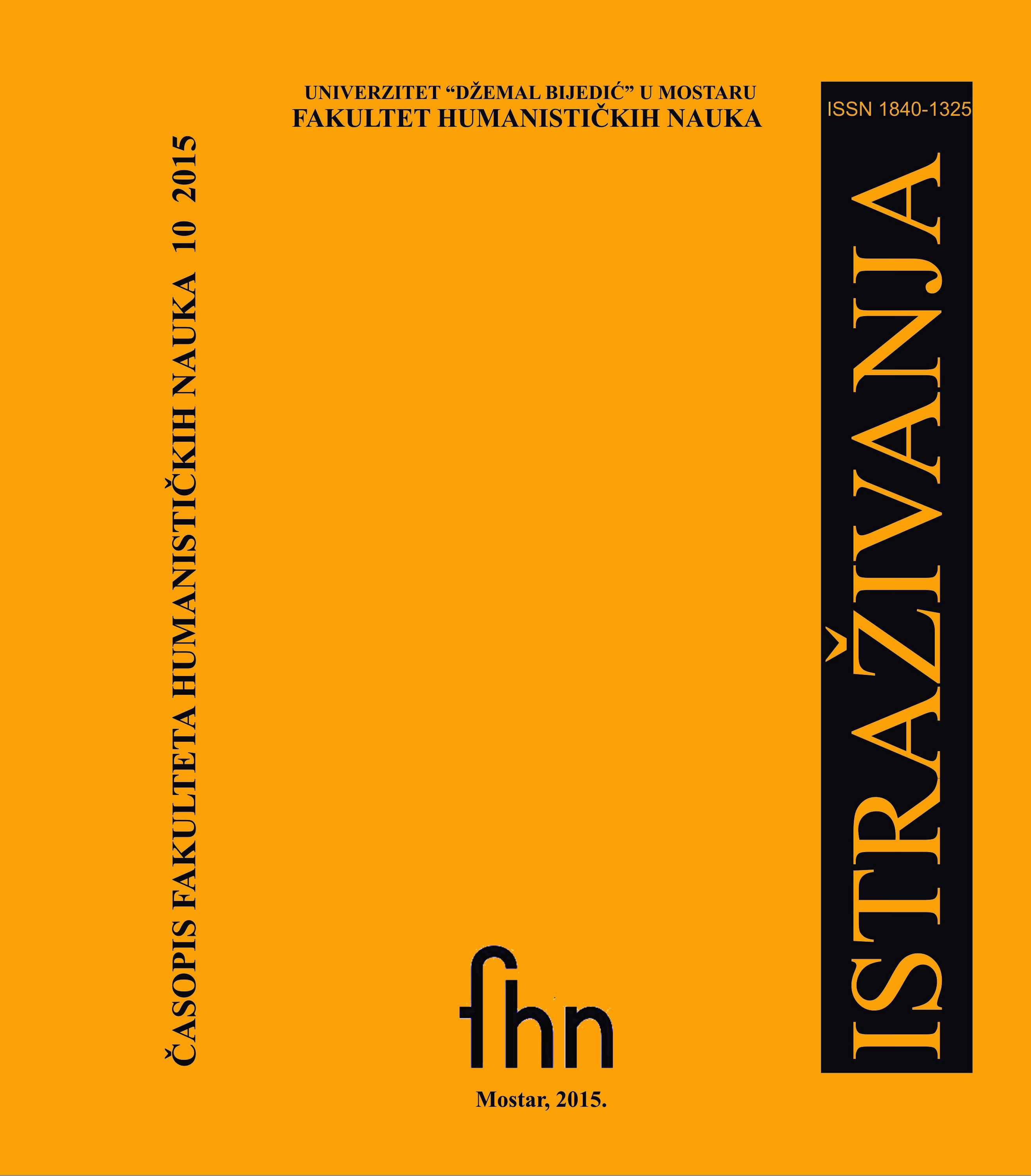
Pristav and Knežak in Court, Juridical and Social Structure of Medieval Bosnia and Herzegovina
Pristav i knežak u sudskoj, pravosudnoj i društvenoj strukturi srednjovjekovne Bosne i Hercegovine
Keywords: knežak; pristav; Middle Ages; Bosnia; Dubrovnik; stanik;
The intent of this paper is to present some observations on the form and level of functioning of the judicial authorities in medieval Bosnia and Herzegovina, in the case of pristav and knežak, and to draw attention to their role and place in the feudal society of medieval Bosnia, from which resulted, according to some its lines, special type of feudal state, different from other medieval state, if not in form and in content and that by outward manifestations of its functioning.According to available historical documents, particularly from the Državni arhiv in Dubrovnik, and opinions in the historical literature, emphasis is placed on the two sides of government powers of medieval Bosnia, namely, the question of the relationship of the upper layers of patrician, grandees, the central institutions of government, which means the forensic judicial mechanisms as well as representatives of the whole feudal state and, secondly, the question of the relationship of the upper layers of patrician, that is its main representative of the court and judicial powers, to subordinate themselves the lords. The third question relates to the form and content of the organization of judicial power through the example of a mixed jury as an example of the relationship of the Dubrovnik Republic and the medieval Bosnian state and how it affected the mechanism of its internal and external functioning.
More...